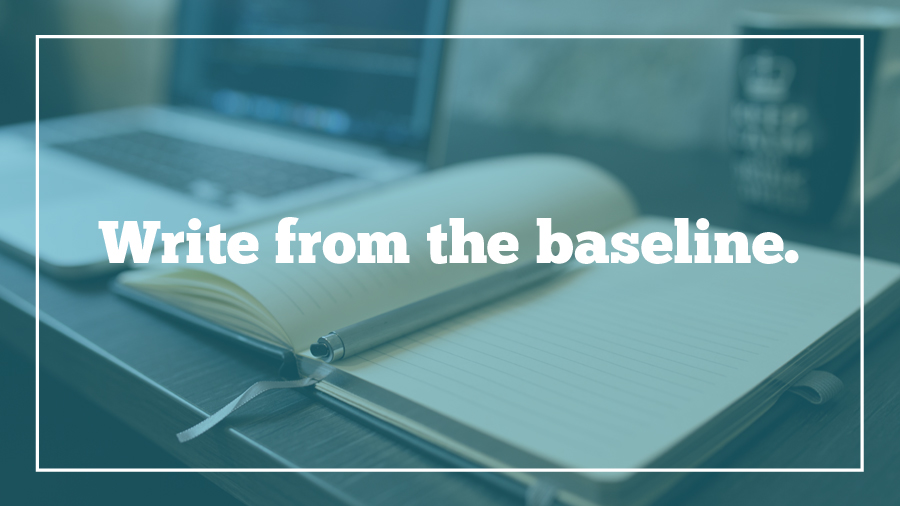
I won’t bore you with the details of how I ended up locking myself out of my house last Thursday morning. Just know that no matter how I try to justify it, it was a pretty stupid mistake.
Fortunately, when it happened, my neighbor was home and let me use his phone. I called John and, amid a storm of apologies, asked him to come home from work and let me back in. Then I asked my neighbor for one more favor: could I borrow a pen? After all, this happened on the first day of NaNoWriMo and before the incident, I had been just about to sit down and write.
I settled in on a park bench with my pen and some scrap paper… and proceeded to completely space out instead of getting any writing done.
Some of the stuff I thought about:
- What time is it? I didn’t have my phone or even my watch. Can I keep track of time with the movement of the sun, maybe? How much time has even passed?
- What’s going on at work? Right before I locked myself out, I turned in an article on deadline. Was my editor happy, or was she pinging me right now for changes?
- I’m so stupid. Why didn’t I bring my keys, or double check the door before I closed it? John must hate me right now for interrupting his day.
- Why am I not writing? I have zero distractions. There’s just this paper in front of me. But for some reason, I still can’t make my brain relax.
It turned out there wasn’t any reason for me to worry so much, as is often the case with these things. My editor had gone to lunch and didn’t notice my absence. John wasn’t upset when he came home, and we made a plan to keep this from happening again.
Even though logically, I knew everything was fine, it took a couple of hours though before I could calm down and get some writing done. I had forgotten the most important truth about writing: the most important prerequisite is a calm mind. Despite, it’s far more difficult to create anything when you’re freaking out.
I love this old quote by Cheryl Strayed that debunks the old stereotype about writers and depression: “You’re up too high and down too low. Neither is the place where we get any work done. We get the work done on the ground level.”
I think of the “ground level” Strayed describes as a sort of baseline. Everyone’s is different: some are higher or lower than others. But your baseline is your most comfortable mindset, in between more positive or more negative emotions. Positive thoughts don’t get in the way of my work, but negative ones do. If I’m worried about something else those worries occupy my mind, and I can’t give my focus to creation when I’m already fixated on some impending doom.
It’s important to consider during periods of writer’s block or demotivation, it might be something more than laziness to blame. Are you really that undisciplined, or is it something stressful that’s making it tough for you to concentrate? Putting aside physical time for your work isn’t the same as reserving the mental space it requires.
Maybe you know this already. But in a year that’s been tough for everybody, I think it can be easy to blame ourselves for lower productivity when that isn’t always the right reason. If you’re going through something, ditch the self-shaming and take care of yourself, first. When you’re feeling better, your creative projects will still be there.
Since it’s National Novel Writing Month, I’m going to continue with last year’s tradition and conclude every November blog post with my current word count out of 50,000. Right now it’s 7,886. I’m just getting started!
1 Comment.
[…] from last week, not to mention last year, I’m wrapping up every November blog post with my current word count […]